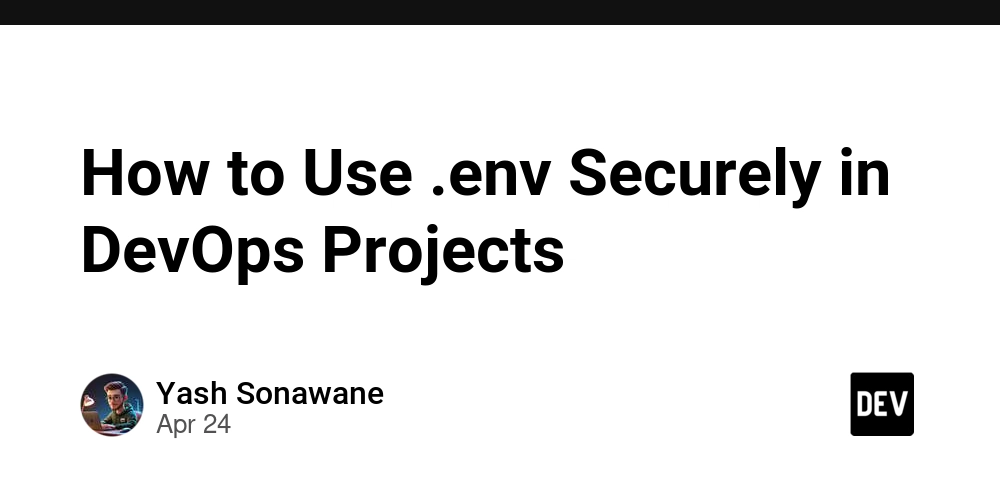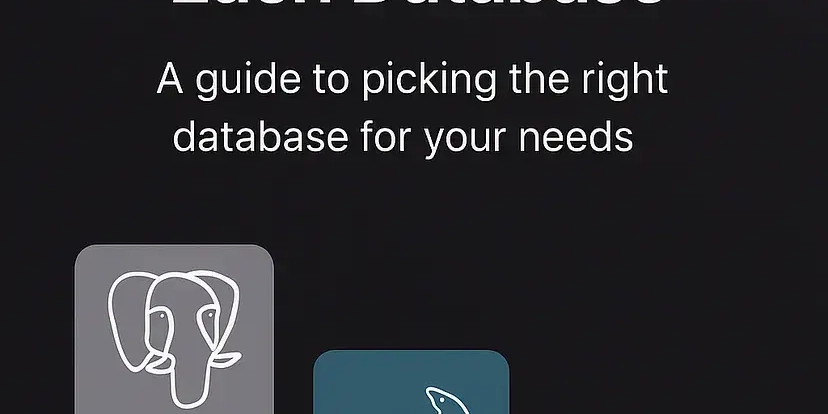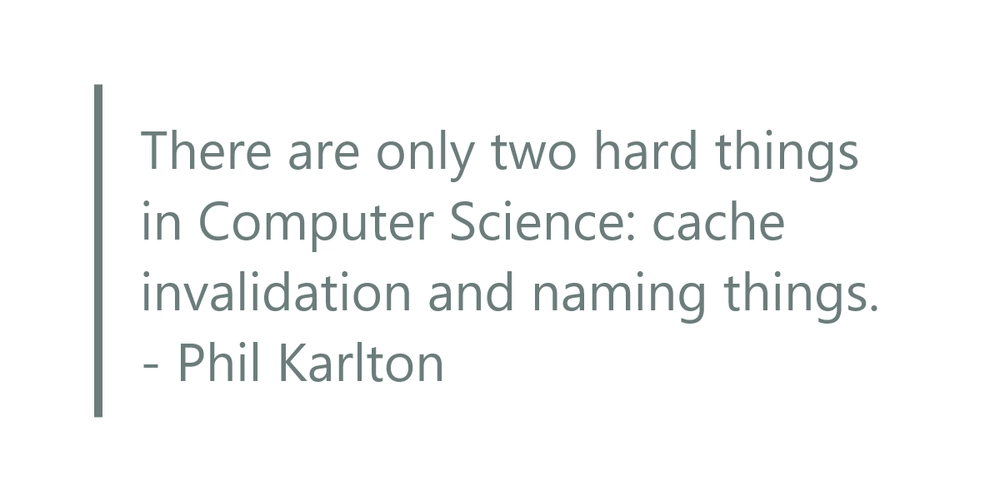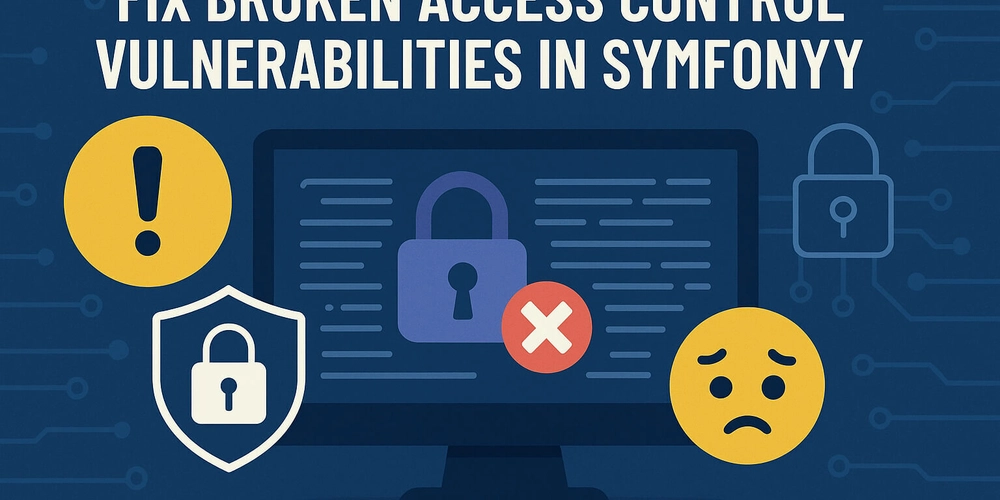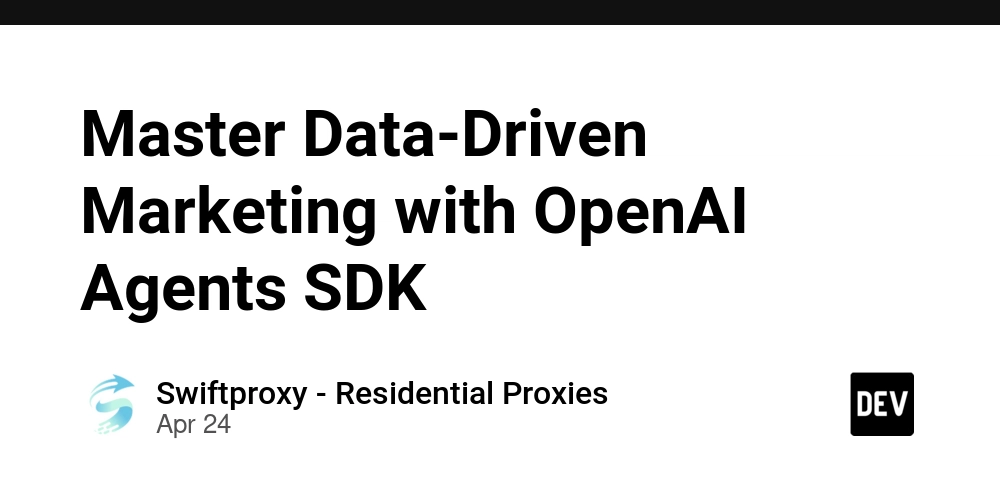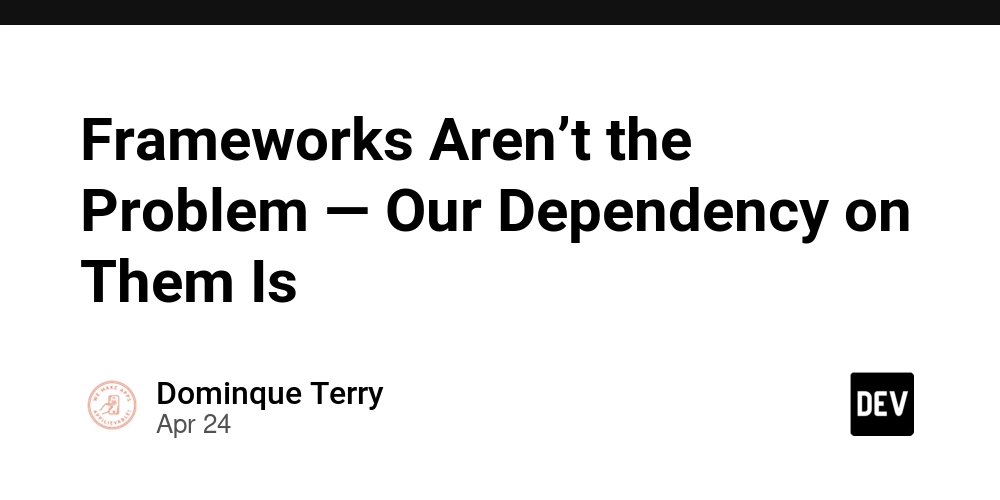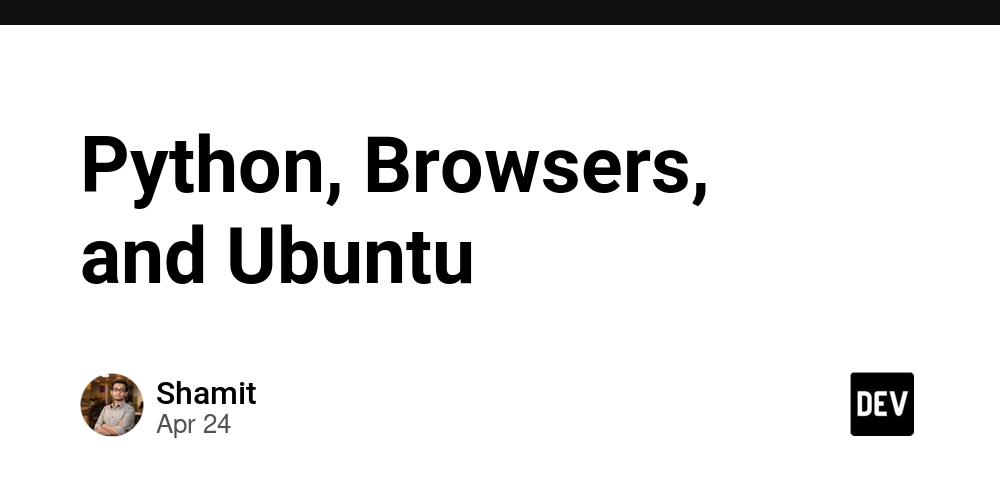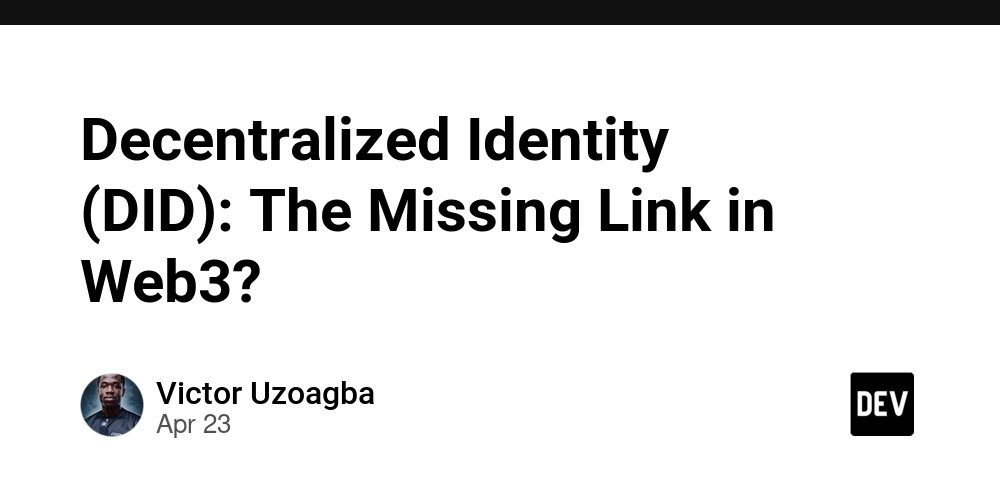
Stop Sharing Your Data! How Decentralized Identity (DID) Secures Your Web3 Future
Tired of tech giants controlling your online life? Web3 promises ownership and decentralization, but a critical piece is missing: your digital identity. Decentralized Identity (DID) offers a solution, putting you back in control.
This article dives deep into what decentralized identity is, why it matters for Web3, and how it can revolutionize your online experience.
What is Decentralized Identity (DID) and Why Should You Care?
Decentralized identity empowers you to manage your online persona without relying on centralized authorities like Google or Facebook. Instead of usernames and passwords, DID utilizes blockchain technology and digital wallets to secure your information.
- Control: YOU decide what data to share and with whom.
- Privacy: Minimize data exposure, protecting your personal information.
- Security: Decentralized storage makes your identity less vulnerable to hacking.
How Does DID Work? A Step-by-Step Guide
Navigating the world of decentralized identity might seem complex, but the underlying process is surprisingly straightforward. Here's a breakdown:
- Get a Digital Wallet: Download a DID-compatible wallet like MetaMask or a dedicated DID wallet.
- Create Your DID: Generate a unique digital identity linked to a private cryptographic key. This is your secure key.
- Add Verifiable Credentials: Include verified information such as age, education, or certifications, issued by trusted sources.
- Share Selectively: Grant access to specific credentials only when required, maintaining ultimate control.
- Instant Verification: Recipients can verify your information cryptographically without contacting the original issuer.
Unlocking the Power of DID: Why It Matters for a Decentralized Web
Decentralized identity is more than just a tech trend; it's a fundamental building block for a truly decentralized web. Here's why it's crucial:
- Enhanced Privacy: Share only the data needed, minimizing your digital footprint. No more unnecessary data collection.
- Unbreakable Security: Decentralization reduces the risk of large-scale data breaches.
- True Ownership: Reclaim control over your digital identity, free from corporate censorship.
- Inclusive Access: Empower individuals without traditional documentation, facilitating global participation.
Real-World Applications of Decentralized Identity: Beyond the Buzz
DID isn't just theoretical; it's already being implemented in various sectors, paving the way for practical use cases:
- Password-less Logins: Access websites and applications securely using your digital wallet.
- Digital Government IDs: Securely store and present government-issued identification.
- Educational Credentials: Instantly verify degrees, certifications, and other academic achievements.
- Secure Healthcare Records: Grant doctors access to your health information securely and privately.
- Decentralized Finance (DeFi): Verify identity and creditworthiness while maintaining control over your financial data.
Leading the Charge: Real-World Projects Embracing Decentralized Identity
Several pioneering projects are at the forefront of developing and implementing decentralized identity solutions:
- Polygon ID: A privacy-focused identity management tool built on the Polygon network.
- Civic: Enables secure identity verification for crypto exchanges and other applications.
- Spruce: Developing Web3 login systems powered by DID, replacing traditional username/password combinations.
- Microsoft ION: A permissionless DID network built on the Bitcoin blockchain.
The Benefits of Decentralized Identity: A Game-Changer for the Internet
DID offers a multitude of advantages over traditional identity management systems:
- Reduced Data Breach Risk: Decentralized storage minimizes the impact of potential data breaches.
- Simplified Online Experience: Manage your identity across all platforms with a single, unified system.
- Global Interoperability: Seamlessly use your identity across borders and platforms.
- Streamlined Development: Reduce development costs and complexity associated with user credential management.
Challenges on the Horizon: Obstacles to Widespread DID Adoption
Despite its promise, DID faces several challenges that need to be addressed for widespread adoption:
- User Adoption: Overcoming user inertia and promoting the transition from legacy systems.
- Usability Issues: Improving the user experience of wallets and DID management tools.
- Standardization and Trust: Establishing robust standards and building trust in credential issuers.
- Scalability Concerns: Ensuring blockchain networks can handle the demands of millions of users.
- Regulatory Uncertainty: Navigating evolving regulatory landscapes and securing government support.
- Recovery Mechanisms: Providing secure and user-friendly identity recovery options in case of lost keys.
The Future of Identity: Paving the Way for a Decentralized World
To realize the transformative potential of DID, we need collective effort:
- Education and Awareness: Empowering users with knowledge about the benefits of decentralized identity.
- Improved Tooling: Developing intuitive and user-friendly DID wallets and management tools.
- Institutional Support: Encouraging governments, businesses, and organizations to embrace DID.
- The convergence of decentralized identity on blockchain technology is not merely a possibility, it represents the inevitable direction of digital interactions, promising a future of enhanced security and user empowerment.
Final Thoughts: Decentralized Identity – The Cornerstone of Web3 Success
Decentralized Identity is the missing link in Web3, putting control back where it belongs: in your hands. It's about creating a safer, simpler, and more private online experience for everyone. It's time to embrace the power of DID and build a fairer, more equitable internet for all.
